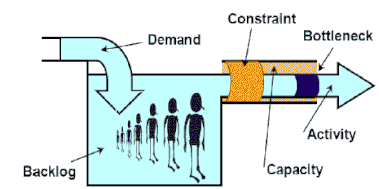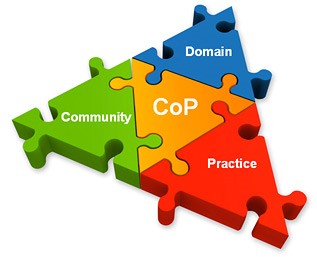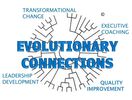Quality Improvement

QI
QI is a formal approach to performance and a systematic approach to improve it. Paul Batalden describes it as "the combined and unceasing efforts of everyone—healthcare professionals, patients and their families, researchers, payers, planners and educators—to make the changes that will lead to better patient outcomes (health), better system performance (care) and better professional development." There are various models commonly used in business, health and social care and there are some good free resources available to support the development of core skills and knowledge. Institute for Continuous Improvement in Public Services NHS Scotland Quality Improvement Hub The Jonkoping Microsystems Festival NHS Improving Quality Institute for Innovation & Improvement (The Institute is now closed but this collection of core information and tools is still very relevant.) QI initiatives are often used to support a wider strategy such as improving NHS patient safety or concerns about compassion in nursing and social care . It's important before we set about improving it that we check that we are really doing the right thing or that improving current processes can achieve our goals. After all, there's no point in doing the wrong thing more efficiently. Perhaps most important to note is that we know that staff who feel they have the ability to listen to patient feedback and make improvements to the care and support they provide are likely to be happy and engaged staff. I have never met anyone who came to work in health and social care to do a bad job so enabling staff to do a better job seems a very logical approach. |

New Approaches to QI
Newell et al. found in their research that when attempting to change and improve practices people needed to engage people in the generation of knowledge. In short, the share and spread idea does not usually work.
"A core prescription from the knowledge management movement is that the successful management of organizational knowledge will prevent firms from `reinventing the wheel’, in particular through the transfer of `best practices’. Our findings challenge this logic. They suggest instead that knowledge is emergent and enacted in practice, and that normally those involved in a given practice have only a partial understanding of the overall practice. Generating knowledge about current practice is therefore a precursor to changing that practice. In this sense, knowledge transfer does not occur independently of or in sequence to knowledge generation, but instead the process of knowledge generation and its transfer are inexorably intertwined. Thus, rather than transferring `product’ knowledge about the new `best practice’ per se, our analysis suggests that it is more useful to transfer `process’ knowledge about effective ways to generate the knowledge of existing practice, which is the essential starting point for attempts to change that practice." Newell et al 2003
An organisation may need to skill up and empower its services to use evidence based QI techniques that produce real benefits. Engaging staff, customers and other stakeholders in QI to energise and drive the work forward is a complex issue but there are some simple techniques we can help you utilise effectively.
At Evolutionary Connections establishing communities of practice and learning communities and building networks where communities can share and evolve their learning and practice has achieved some significant and sustainable results. Find out more via the link below.
Newell et al. found in their research that when attempting to change and improve practices people needed to engage people in the generation of knowledge. In short, the share and spread idea does not usually work.
"A core prescription from the knowledge management movement is that the successful management of organizational knowledge will prevent firms from `reinventing the wheel’, in particular through the transfer of `best practices’. Our findings challenge this logic. They suggest instead that knowledge is emergent and enacted in practice, and that normally those involved in a given practice have only a partial understanding of the overall practice. Generating knowledge about current practice is therefore a precursor to changing that practice. In this sense, knowledge transfer does not occur independently of or in sequence to knowledge generation, but instead the process of knowledge generation and its transfer are inexorably intertwined. Thus, rather than transferring `product’ knowledge about the new `best practice’ per se, our analysis suggests that it is more useful to transfer `process’ knowledge about effective ways to generate the knowledge of existing practice, which is the essential starting point for attempts to change that practice." Newell et al 2003
An organisation may need to skill up and empower its services to use evidence based QI techniques that produce real benefits. Engaging staff, customers and other stakeholders in QI to energise and drive the work forward is a complex issue but there are some simple techniques we can help you utilise effectively.
At Evolutionary Connections establishing communities of practice and learning communities and building networks where communities can share and evolve their learning and practice has achieved some significant and sustainable results. Find out more via the link below.
